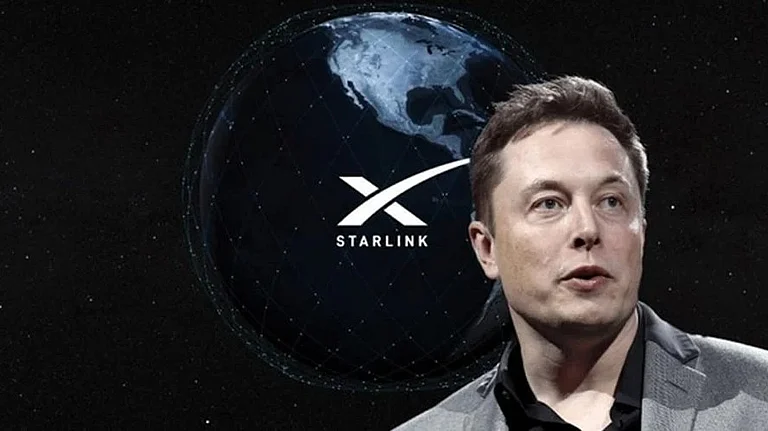Google moved to the European Commission on September 25 and filed an antitrust complaint against Microsoft. The internet giant has accused Microsoft of employing unfair licensing contracts to prevent competition in the cloud computing industry.
Currently, Microsoft has “lock in” licensing terms that restrict free movement of users' workload from its Azure cloud technology to competitors’ clouds. Google has pointed out that there are no technical barriers to transitioning to other cloud computing technologies.
“Microsoft settled amicably similar concerns raised by European cloud providers, even after Google hoped they would keep litigating,” a Microsoft spokesperson told CNBC. After failing to convince European companies, it is likely that the internet giant will fail to persuade the European Commission, the spokesperson added.
In 2019, Microsoft changed its licensing policy that limited users' choice. Additionally, the policy imposes heavy financial penalties on users who want to switch to Windows Server software of competitors’ like Google Cloud and Amazon Web Services.
What is European Antitrust Policy?
The antitrust rule of the European Union is a part of competition law that curbs dominance and anticompetitive agreements. It helps to prevent dominance of one market operator and helps in maintaining free competition.
Google’s allegations against unfair practices used by Microsoft come at a time when the internet giant itself is facing legal battles with the European Commission. Earlier in September, Google lost its appeal in an EU antitrust case over shopping recommendations in search results.
“Google harmed millions of European consumers by ensuring that rival comparison-shopping services were virtually invisible,” said the European Consumer Organisation Director General Agustin Reyna. The illegal practices of Google have prevented consumers from accessing potentially cheaper prices and useful product information from rival comparison-shopping services on all sorts of products, from clothes to washing machines, he added.
































